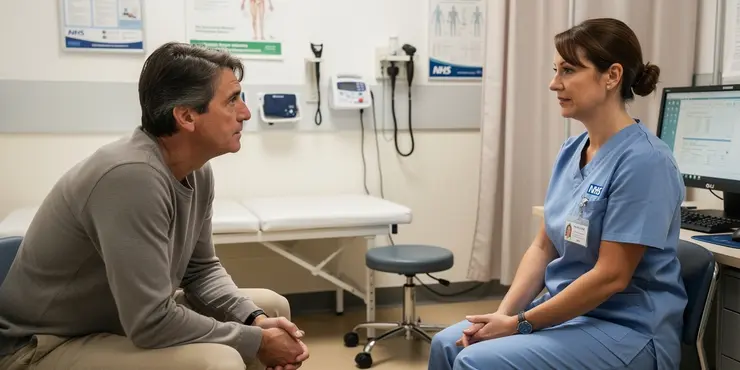
Find Help
More Items From Ergsy search
-
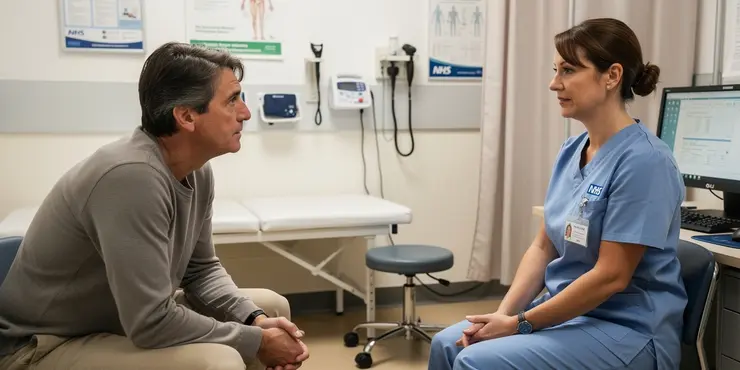
Will changing my password secure my hacked account?
Relevance: 100%
-
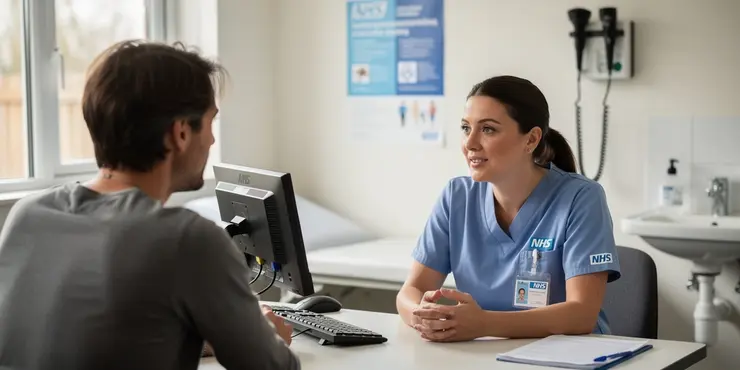
Can using the same password across accounts increase the risk of hacking?
Relevance: 70%
-

How can I recover a hacked email account?
Relevance: 67%
-
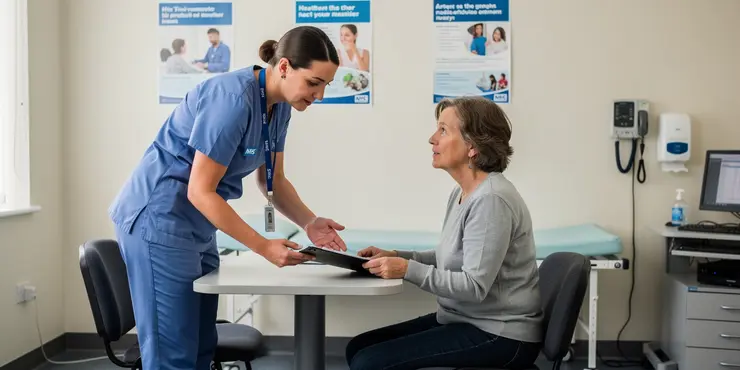
How can I secure my email after a hack?
Relevance: 65%
-

How do I know if my password has been hacked?
Relevance: 64%
-
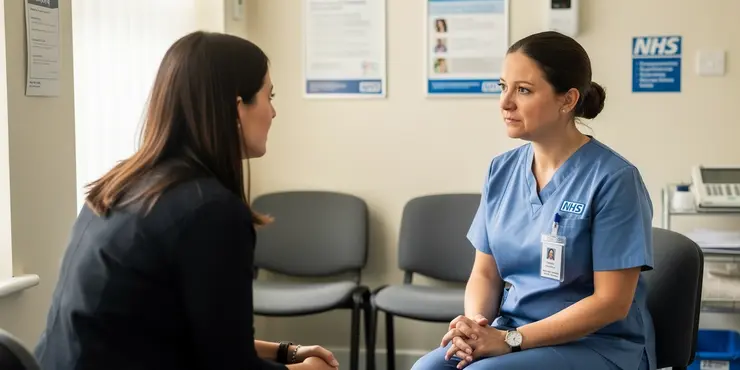
Can Monzo or Revolut accounts be hacked easily?
Relevance: 63%
-
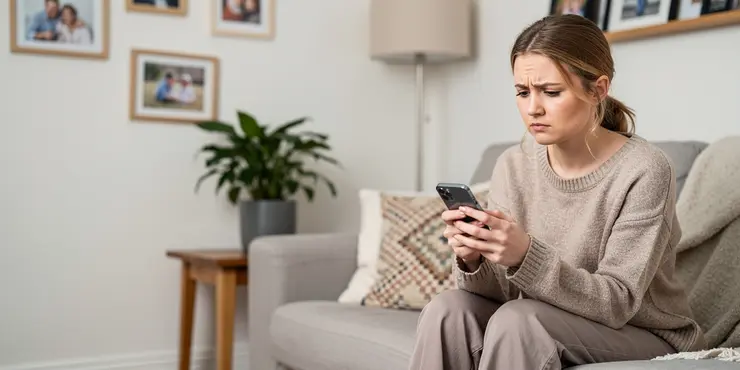
How do I know if my social media accounts have been hacked?
Relevance: 63%
-

What signs indicate that my social media account might be hacked?
Relevance: 62%
-

What are the risks of ignoring a hacked account?
Relevance: 61%
-
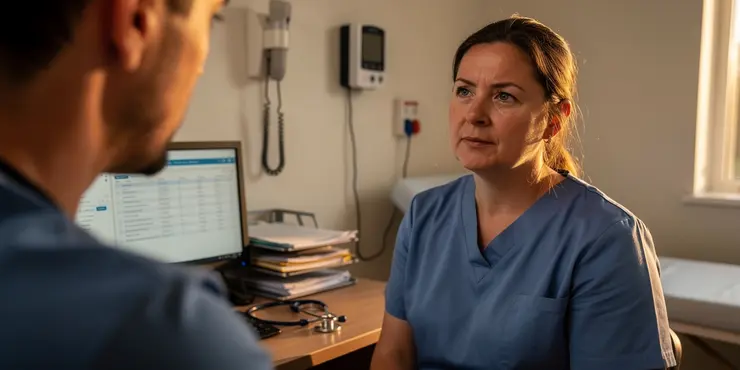
Should I change my passwords regularly?
Relevance: 58%
-

How do I secure my online accounts?
Relevance: 57%
-
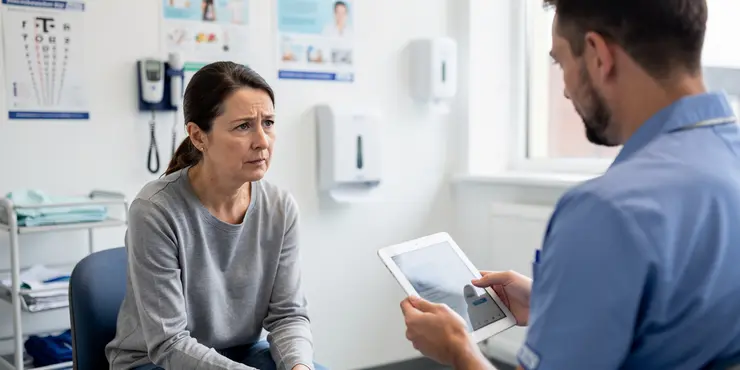
What are some signs that my email might be hacked?
Relevance: 53%
-
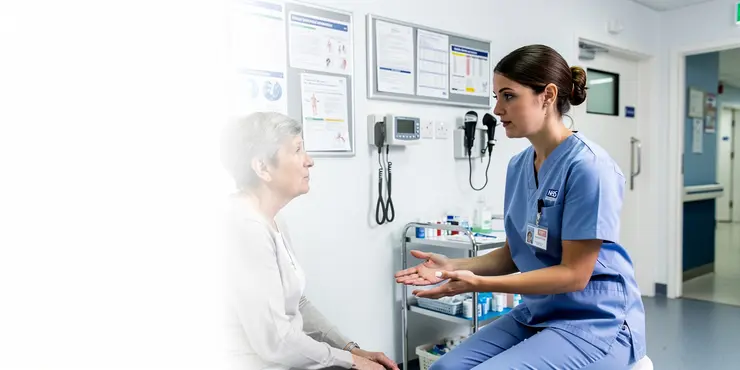
Should I report the hack to the social media platform?
Relevance: 52%
-

How do I know if my email has been hacked?
Relevance: 52%
-

Can a sudden decrease or increase in followers indicate a hack?
Relevance: 51%
-

Should I contact my email provider if I suspect hacking?
Relevance: 50%
-
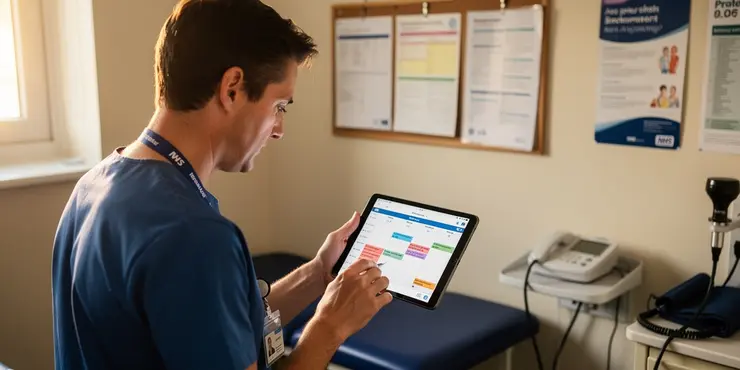
Can unexpected calendar events be a sign of a hacked email?
Relevance: 48%
-
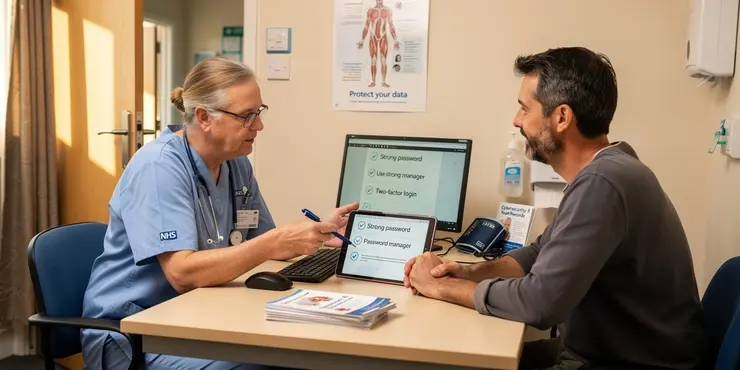
What steps can I take to prevent future hacks?
Relevance: 47%
-

How can phishing attacks lead to social media hacks?
Relevance: 46%
-
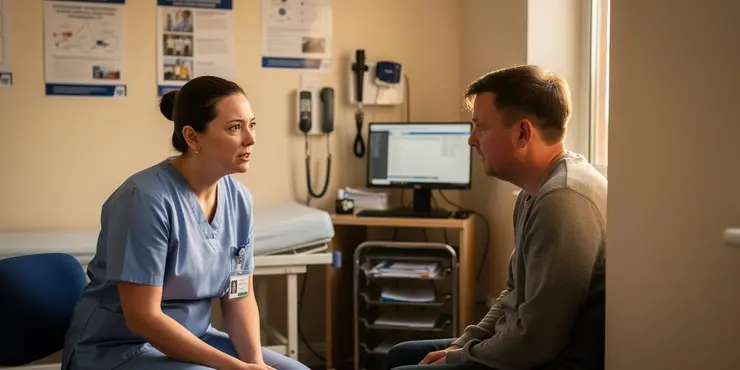
Why am I receiving password reset emails I didn't request?
Relevance: 45%
-

What is the risk of my contacts being compromised if my email is hacked?
Relevance: 45%
-

What preventive measures can I take to protect my email from being hacked?
Relevance: 44%
-
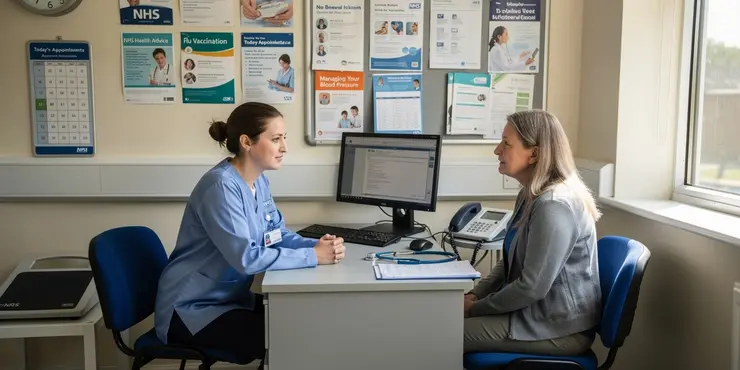
Why have my email account recovery options changed without my knowledge?
Relevance: 43%
-
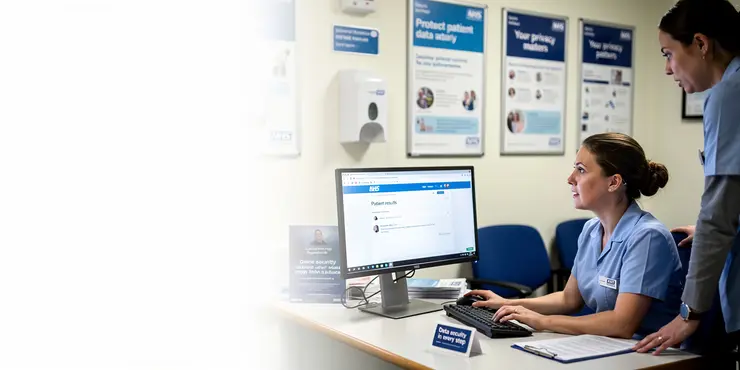
Can antivirus software protect my email from being hacked?
Relevance: 43%
-

Can enabling two-factor authentication help if my email is hacked?
Relevance: 42%
-
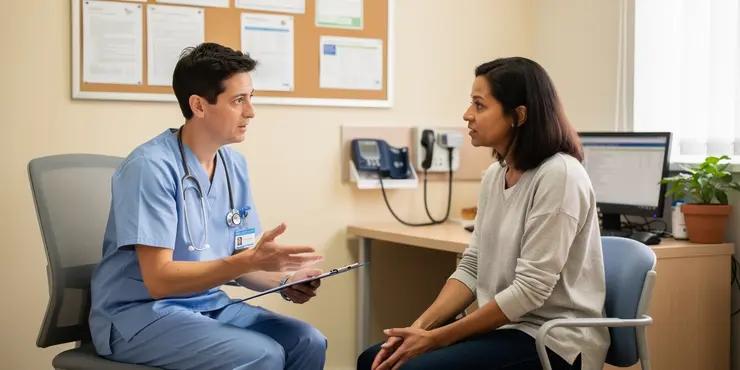
Why am I receiving password change requests that I did not initiate?
Relevance: 40%
-

What role do password managers play in data breach prevention?
Relevance: 38%
-

Why is it important to update my account recovery information?
Relevance: 38%
-
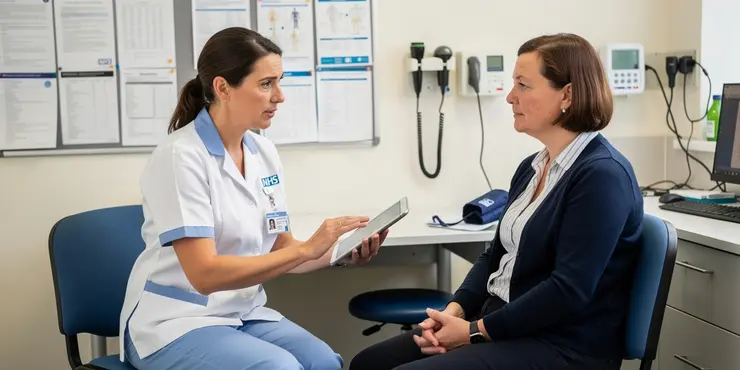
What does it mean if my friends receive spammy messages from my account?
Relevance: 37%
-

What should I do if I can't access my email account?
Relevance: 36%
-
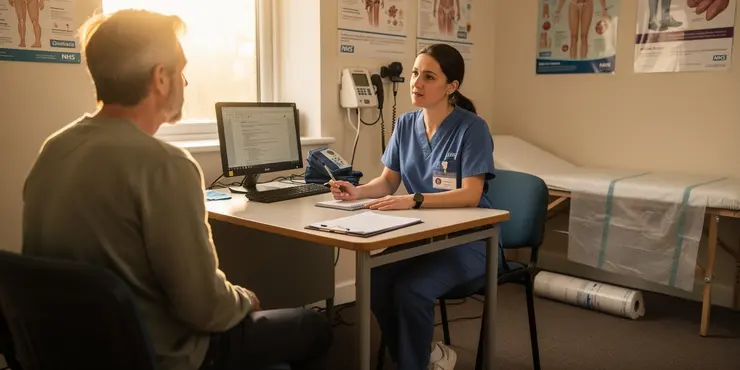
Are there any tools provided by social media platforms to increase security?
Relevance: 36%
-

What should I do if I can't log into my account anymore?
Relevance: 36%
-
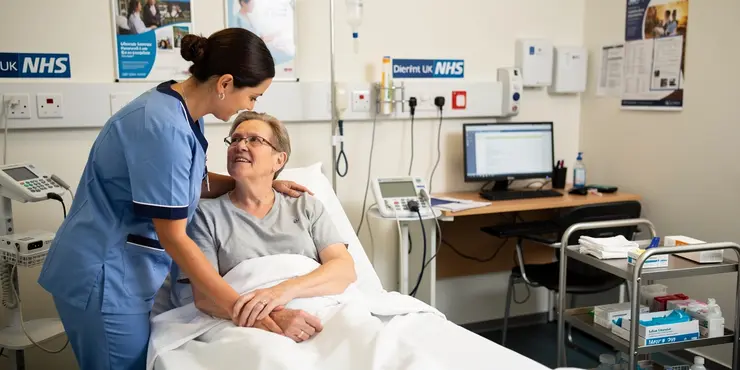
How can I check recent login activity on my email account?
Relevance: 35%
-
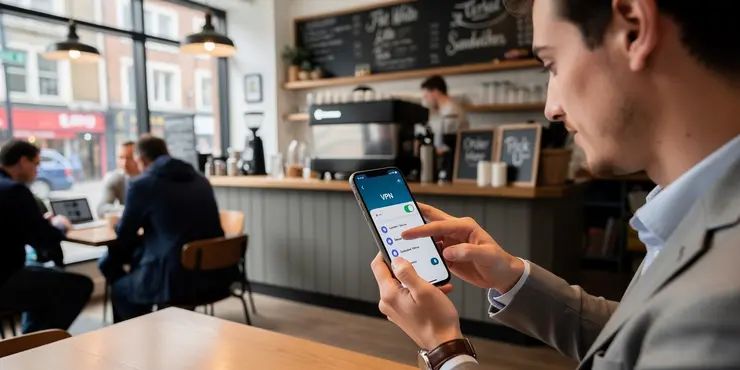
How can I secure my phone's internet connection?
Relevance: 34%
-

What should I do if I notice unfamiliar emails in my sent folder?
Relevance: 33%
-
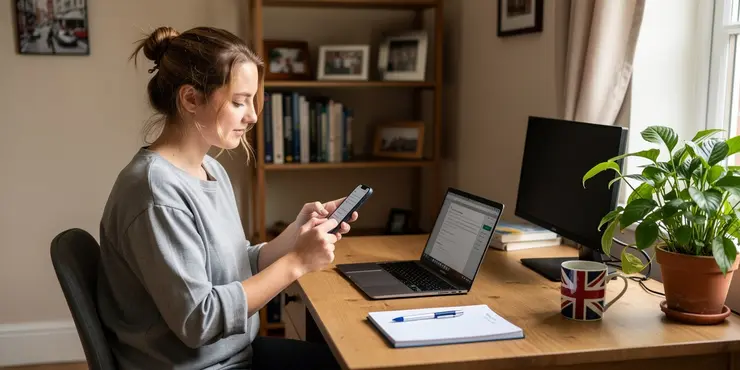
How can I keep my apps secure?
Relevance: 32%
-

How should I secure my mobile phone?
Relevance: 31%
-
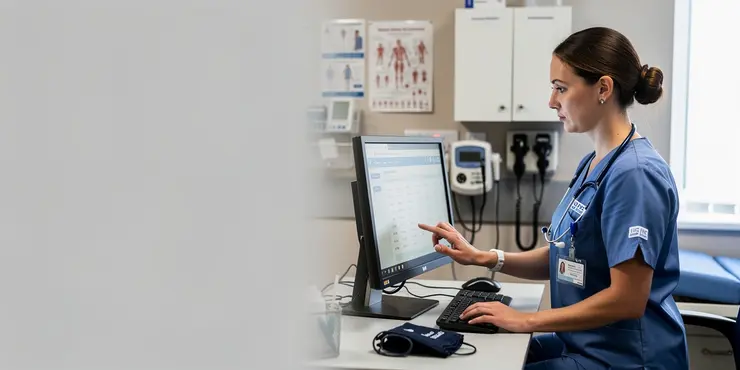
How can I check recent login activity on my social media accounts?
Relevance: 31%
-

How secure is the Ring Doorbell Camera system?
Relevance: 30%
-
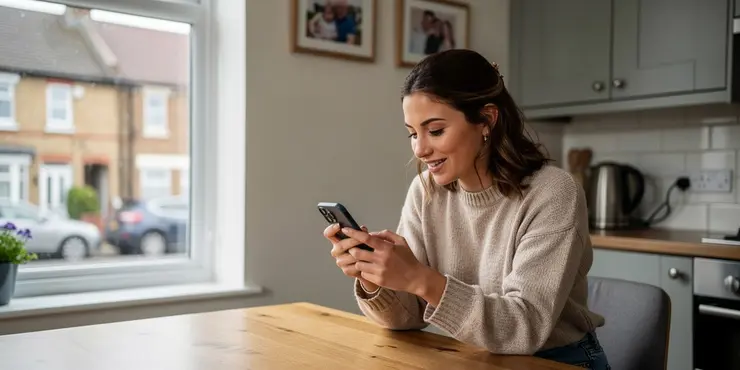
Why is it important to secure my mobile phone?
Relevance: 29%
Introduction
In today's digital age, the security of online accounts is a top priority for many individuals and organizations. When an account is compromised, one of the first steps people often consider is changing their password. But is this alone sufficient to secure a hacked account? This article explores whether changing your password can effectively secure a compromised account and what additional steps you should take.
The Role of Passwords
Passwords are a fundamental aspect of online security, acting as the first line of defense against unauthorized access. They are designed to protect personal information and ensure that only authorized users can access specific accounts. However, if a hacker gains access to your password, they can exploit your account until you take action to secure it.
Why Changing Your Password Is Important
When your account is hacked, changing your password is an essential step. It prevents the hacker from continuing to use your old login credentials to access your account. By choosing a strong, unique password, you reduce the chances of a hacker guessing or gaining access to your account again using similar tactics.
Additional Steps to Secure Your Account
While changing your password is crucial, it is not the only measure to secure a hacked account. Here are some additional steps you should consider:
- Enable Two-Factor Authentication (2FA): This adds an extra layer of security by requiring a second form of identification, such as a text message or authentication app, before access is granted.
- Review Account Activity: Check your account for any suspicious activity, such as unrecognized logins or changed information, and report it to the service provider.
- Update Security Questions: If your account uses security questions, change them to prevent a hacker from using known answers to regain access.
- Scan for Malware: Use reliable antivirus software to scan your devices for any malware that could have contributed to the breach.
Contacting Service Providers
If you suspect that your account has been compromised, contact the service provider immediately. They may have specific protocols to follow and can assist in securing your account further. Some providers offer additional tools and insights into your account security.
Conclusion
While changing your password is an important step to secure a hacked account, relying solely on this action might not be sufficient. Implementing additional security measures such as enabling two-factor authentication, monitoring account activity, and reaching out to your service provider can bolster the security of your account. Taking a comprehensive approach ensures that you reduce the risk of future breaches and protect your personal data effectively.
Introduction
Today, keeping your online accounts safe is very important. If someone hacks into your account, the first thing to do is often to change your password. But is that enough to keep your account safe? This article will talk about whether changing your password can really protect your account and what else you should do.
The Role of Passwords
Passwords are key to keeping your online information safe. They keep your personal info private and stop others from getting into your account. But if a hacker knows your password, they can use your account until you do something to stop them.
Why Changing Your Password Is Important
If your account is hacked, you need to change your password right away. This stops the hacker from using your old password to get into your account. Pick a new password that is strong and different from your old one. This makes it harder for hackers to guess your password and get into your account again.
Additional Steps to Secure Your Account
Changing your password is very important, but it's not the only thing you should do if your account is hacked. Here are more things you should do:
- Turn on Two-Factor Authentication (2FA): This adds extra security by needing another form of ID, like a text message or app, before you can log in.
- Check Your Account Activity: Look at your account for any strange activity, like logins you don’t recognize. Tell the company if you see anything weird.
- Change Security Questions: If your account uses security questions, make new ones that a hacker wouldn’t know.
- Scan for Viruses: Use a good antivirus program to check your computer or phone for bad software.
Contacting Service Providers
If you think your account was hacked, contact the company right away. They can help you make your account safe again. Some companies have special tools and advice to help you.
Conclusion
Changing your password is important to keep a hacked account safe, but it might not be enough. Use other security measures like two-factor authentication, checking your account history, and talking to your service provider. Doing these things will help keep your account and personal information safe from hackers in the future.
Frequently Asked Questions
Will changing my password secure my hacked account?
Changing your password is a critical first step in securing a hacked account, but additional actions may also be necessary.
Why should I change my password after a hack?
Changing your password helps prevent the hacker from further accessing your account with the compromised credentials.
What else should I do besides changing my password?
Enable two-factor authentication, check account settings for unauthorized changes, and scan your system for malware.
Can changing my password kick the hacker out?
Yes, changing your password can lock out the hacker if they don’t have other means to access your account.
Should I use a complex password after a hack?
Yes, use a strong, unique password and avoid using common words or patterns.
How can I create a strong password?
Combine upper and lower case letters, numbers, and symbols to create a strong password.
Is changing my password enough if the hacker installed malware?
No, removing malware is crucial as it could capture your new password or other sensitive information.
What if I can't access the account to change the password?
Contact the service provider's support for help in recovering access and securing your account.
What is two-factor authentication?
Two-factor authentication adds an extra layer of security by requiring a second piece of information to log in, such as a code sent to your phone.
Why is two-factor authentication important?
It provides additional security and helps protect your account even if your password is compromised.
Can changing my password help if the hacker changed account settings?
Yes, it prevents further changes. Then review and correct any unauthorized changes to your account.
What is a password manager and does it help?
A password manager helps generate and store strong, unique passwords securely, reducing the risk of compromise.
Should I change passwords on other accounts too?
Yes, especially if you use the same password across multiple accounts. Each should have a unique password.
How often should I change my passwords?
Change them regularly, or immediately if you suspect compromise. Use a password manager to track them.
What if my email was hacked to change the account password?
Secure your email first by changing its password, then proceed to reclaim and secure other accounts.
How can I tell if my account was hacked?
Look for unusual activity, such as unrecognized logins, password reset emails, or changes in account settings.
Why is using the same password for multiple accounts risky?
If one account is compromised, all accounts using that password are at risk of being accessed by the hacker.
What should I do if I suspect identity theft from account hacking?
Contact financial institutions, monitor credit reports, and consider placing a fraud alert on your credit file.
Are there tools to check if my password has been compromised?
Yes, services like 'Have I Been Pwned' allow you to check if your password was exposed in data breaches.
What precautions should I take after securing a hacked account?
Remain vigilant, regularly update passwords, use two-factor authentication, and monitor accounts for unusual activity.
Can changing my password make my hacked account safe?
If someone has broken into your account, changing your password can help. Here are some steps to follow:
- Change your password to something new and strong.
- Use a mix of letters, numbers, and symbols in your new password.
- Make your password at least 8 characters long.
- Don't use easy words like your name or "1234".
- Write your new password down in a safe place.
- Tell a trusted adult if you need help.
Using these steps will help keep your account safe.
Changing your password is a very important first step to keep a hacked account safe. But, you might need to do more things too.
Why should I make a new password if someone hacks my account?
If someone hacks into your account, you should make a new password.
This keeps your account safe. It stops hackers from getting back in.
Use strong passwords. Strong passwords are hard to guess.
Write down your passwords in a safe place so you don't forget them.
Use password manager tools. They help keep track of your passwords.
Changing your password stops bad people from getting into your account again.
What else should I do besides changing my password?
If you change your password, here are more important things to do:
- Use a password manager to help you remember passwords.
- Turn on two-step verification for extra safety on your accounts.
- Tell your bank if you think your information is not safe.
- Check all recent activity on your accounts for anything strange.
These steps help keep your information safe.
Turn on extra safety steps for your account, look at your account settings to make sure no one changed them without you knowing, and check your computer for bad software (malware).
Will changing my password stop the bad person on my computer?
Yes, changing your password can stop the hacker if they don't know another way to get into your account.
Should I use a hard password after a hack?
If someone breaks into your computer or account, it is called a hack.
After a hack, it is important to make your passwords hard to guess. A hard password helps keep your information safe.
Here is how to make a hard password:
- Use both big and small letters
- Use numbers
- Use special symbols like !, $, or #
It is also a good idea to change your password often.
You can use a password manager to remember your passwords for you. This tool can help you stay safe online.
Yes, make a strong password that is special just for you. Don't use simple words or easy patterns.
How do I make a strong password?
Make a strong password by using big letters, small letters, numbers, and symbols all mixed together.
Will changing my password fix everything if a hacker put bad software on my computer?
If a hacker puts bad software, called malware, on your computer, just changing your password might not be enough to fix it.
Here's what you can do to stay safe:
- Use a trusted antivirus tool to check and remove the bad software.
- Ask an adult or a tech expert for help to make sure your computer is okay.
- Keep all your software updated to stay safe from hackers.
- Back up important files so you don’t lose them.
No, you must get rid of bad software on your computer first. If you don’t, it might steal your new password or other important information.
What if I can't get into my account to change the password?
If you can't log in to your account to change the password, here are some steps to help:
- Ask someone you trust for help.
- Look for a "Forgot Password?" button on the login page.
- Check your email for a message to reset your password.
- Use a password manager to keep track of your passwords.
- Contact the support team for more help.
Ask the company's help team to help you get back into your account and make it safe.
What is two-factor authentication?
Two-factor authentication is like adding an extra lock on your door. It helps keep your online accounts safe. You need two things to log in:
1. Something you know (like your password).
2. Something you have (like a phone or a special code).
This way, even if someone knows your password, they still can't get in without the second thing.
Helpful Tips:
- Ask someone to help you set it up.
- You can use a phone app to get the special code.
- Write down your passwords and keep them in a safe place.
Two-factor authentication makes your account safer. It needs a second thing to let you log in, like a code sent to your phone.
Why is two-factor authentication important?
Two-factor authentication, or 2FA, helps keep your online accounts safe.
2FA means you need two things to log in:
- Something you know, like a password.
- Something you have, like a code on your phone.
By using 2FA, it is much harder for someone to break into your account.
Here are ways to use 2FA:
- Use an app on your phone for codes.
- Get texts with a code.
If you want extra help, you can:
- Ask a friend or family member to help set it up.
- Watch a video about how to set up 2FA.
This makes your account safer. It protects your account even if someone knows your password.
Will changing my password help if a hacker messed with my account settings?
If someone bad got into your account and changed things, changing your password is a good start to fix it. Here's what you can do:
- Change your password: Make a new, strong password that only you know.
- Check your account: Look at your settings to make sure everything is okay.
- Use extra protection: Turn on two-step verification for extra safety.
- Ask for help: Contact the support team if you need more help.
Yes, it stops more changes from happening. Then check your account for any changes you didn't make and fix them.
What is a password manager and how can it help me?
A password manager is a tool that remembers all your passwords.
It keeps them safe and helps you log in to websites.
Using a password manager means you don’t have to remember all your passwords.
It can make things easier and safer for you online.
If you need help, ask a friend or family member to show you how to use it.
A password manager is a tool that helps you make strong passwords and keeps them safe. This makes it harder for someone to steal your passwords.
Do I need to change passwords on other accounts too?
If you change one password, it’s good to change others too.
This keeps your accounts safe.
You can use tools like password managers to help remember them.
Ask someone you trust if you need help.
Yes, it is important to use a different password for each of your accounts. This helps keep them safe.
How many times do I need to change my passwords?
Change your passwords often to keep your information safe. If you can, change your passwords every few months.
Here are some tips to help:
- Use passwords that are hard to guess.
- Write them down in a safe place if you might forget.
- Try using a password manager to keep track of them.
Change your passwords often. Change them right away if you think someone might know them. Use a password manager to help you remember your passwords.
What if someone breaks into my email to change my password?
If you think someone got into your email and changed your password, don't worry. Here's what you can do:
- Try to reset your password. Click "Forgot Password?" on the login page.
- Use a strong password. Make it long with numbers and symbols.
- Ask a friend or family member for help if you need it.
You can also use tools like a password manager to keep your passwords safe. Remember, it's important to keep your information private.
First, make your email safe by changing your password. Then, you can get your other accounts back and make them safe.
How do I know if someone hacked my account?
Here are some signs that your account may be hacked:
- You cannot log in with your usual password.
- You see messages you did not send.
- You notice changes to your account settings.
- You see activity or items you did not buy.
If you think your account was hacked, here are some things you can do:
- Change your password to a strong one with letters, numbers, and symbols.
- Tell the company that owns the account about the problem.
- Use antivirus software to check your computer for bad programs.
- Use two-step verification for extra security.
Watch out for strange things, like logins you don't know, emails about changing your password, or changes in your account settings.
Why is it bad to use the same password for many accounts?
Using the same password for many accounts is not safe. If someone finds out your password, they can get into all your accounts. This means they could read your emails, see your pictures, or use your money.
Here are some tips to keep your accounts safe:
- Make a different password for each account.
- Use passwords that are hard to guess. You can mix letters, numbers, and symbols.
- Write your passwords in a safe place, or use a password manager app to help remember them.
- Change your passwords if you think someone knows them.
If you use the same password for many accounts, a hacker can get into all your accounts if they find out that one password.
What should I do if someone steals my information?
If you think someone has stolen your information, like from your bank or online account, here are some steps to follow:
- Tell the bank or company: Call them and let them know what happened.
- Check your accounts: Look at your bank statements or online accounts to see if anything is wrong.
- Change your passwords: Make new passwords for your online accounts. Use strong passwords with letters and numbers.
- Get help: Use a support tool if you need help. There are apps and hotlines that can help you fix things.
Talk to your bank and credit card company. Check your credit report often. You can ask for a fraud alert on your credit file.
Can I check if someone stole my password?
Yes! There are simple ways to check.
You can use a website that tells you if your password is safe.
Ask a grown-up to help you use these tools:
- Have I Been Pwned: Type your email to see if your password is safe.
- Google Password Checkup: Checks if your passwords are strong.
Stay safe online!
Yes, there are services like 'Have I Been Pwned' that let you see if your password was stolen in a data breach.
- Use simple and safe passwords.
- Keep your passwords private.
- Use a password manager to help you.
What should I do after fixing a hacked account?
If someone hacked your account and you fixed it, here are some simple steps to help keep it safe:
- Change Your Password: Make a new password that is hard to guess. Use numbers and letters.
- Check Your Information: Look at your account details to make sure nothing is different.
- Use Two-Step Security: This means using a password and a code sent to your phone.
- Be Careful: Don’t click on strange links or open emails that look odd.
Ask someone you trust to help you if you find these steps difficult. You can also use programs or apps that keep your accounts safe.
Stay watchful. Change your passwords often. Use two-step checks to log in. Look at your accounts to see if anything strange happens.
Useful Links
This website offers general information and is not a substitute for professional advice.
Always seek guidance from qualified professionals.
If you have any medical concerns or need urgent help, contact a healthcare professional or emergency services immediately.
Some of this content was generated with AI assistance. We’ve done our best to keep it accurate, helpful, and human-friendly.
- Ergsy carfully checks the information in the videos we provide here.
- Videos shown by Youtube after a video has completed, have NOT been reviewed by ERGSY.
- To view, click the arrow in centre of video.
- Most of the videos you find here will have subtitles and/or closed captions available.
- You may need to turn these on, and choose your preferred language.
- Go to the video you'd like to watch.
- If closed captions (CC) are available, settings will be visible on the bottom right of the video player.
- To turn on Captions, click settings .
- To turn off Captions, click settings again.
More Items From Ergsy search
-

Will changing my password secure my hacked account?
Relevance: 100%
-

Can using the same password across accounts increase the risk of hacking?
Relevance: 70%
-

How can I recover a hacked email account?
Relevance: 67%
-

How can I secure my email after a hack?
Relevance: 65%
-

How do I know if my password has been hacked?
Relevance: 64%
-

Can Monzo or Revolut accounts be hacked easily?
Relevance: 63%
-

How do I know if my social media accounts have been hacked?
Relevance: 63%
-

What signs indicate that my social media account might be hacked?
Relevance: 62%
-

What are the risks of ignoring a hacked account?
Relevance: 61%
-

Should I change my passwords regularly?
Relevance: 58%
-

How do I secure my online accounts?
Relevance: 57%
-

What are some signs that my email might be hacked?
Relevance: 53%
-

Should I report the hack to the social media platform?
Relevance: 52%
-

How do I know if my email has been hacked?
Relevance: 52%
-

Can a sudden decrease or increase in followers indicate a hack?
Relevance: 51%
-

Should I contact my email provider if I suspect hacking?
Relevance: 50%
-

Can unexpected calendar events be a sign of a hacked email?
Relevance: 48%
-

What steps can I take to prevent future hacks?
Relevance: 47%
-

How can phishing attacks lead to social media hacks?
Relevance: 46%
-

Why am I receiving password reset emails I didn't request?
Relevance: 45%
-

What is the risk of my contacts being compromised if my email is hacked?
Relevance: 45%
-

What preventive measures can I take to protect my email from being hacked?
Relevance: 44%
-

Why have my email account recovery options changed without my knowledge?
Relevance: 43%
-

Can antivirus software protect my email from being hacked?
Relevance: 43%
-

Can enabling two-factor authentication help if my email is hacked?
Relevance: 42%
-

Why am I receiving password change requests that I did not initiate?
Relevance: 40%
-

What role do password managers play in data breach prevention?
Relevance: 38%
-

Why is it important to update my account recovery information?
Relevance: 38%
-

What does it mean if my friends receive spammy messages from my account?
Relevance: 37%
-

What should I do if I can't access my email account?
Relevance: 36%
-

Are there any tools provided by social media platforms to increase security?
Relevance: 36%
-

What should I do if I can't log into my account anymore?
Relevance: 36%
-

How can I check recent login activity on my email account?
Relevance: 35%
-

How can I secure my phone's internet connection?
Relevance: 34%
-

What should I do if I notice unfamiliar emails in my sent folder?
Relevance: 33%
-

How can I keep my apps secure?
Relevance: 32%
-

How should I secure my mobile phone?
Relevance: 31%
-

How can I check recent login activity on my social media accounts?
Relevance: 31%
-

How secure is the Ring Doorbell Camera system?
Relevance: 30%
-

Why is it important to secure my mobile phone?
Relevance: 29%


